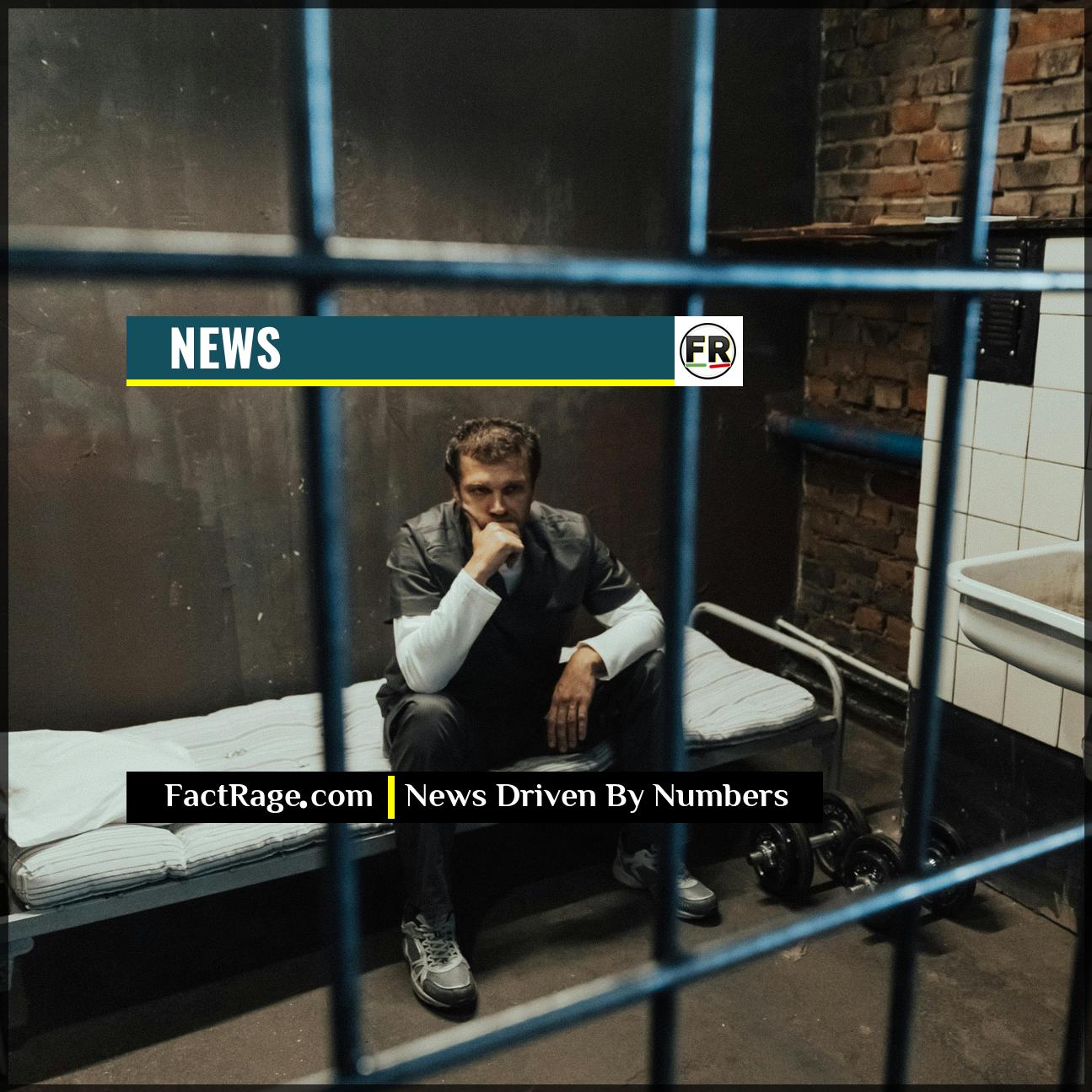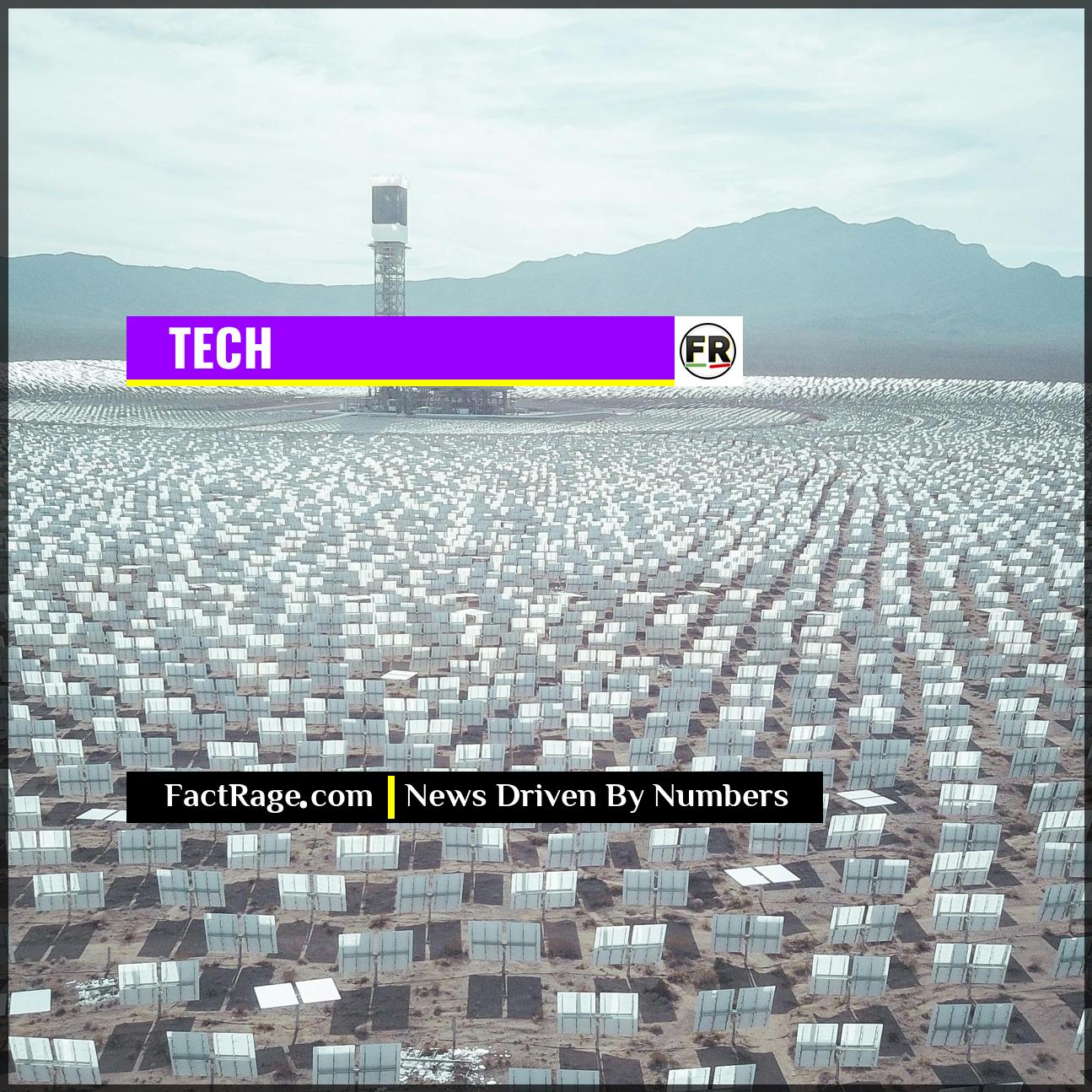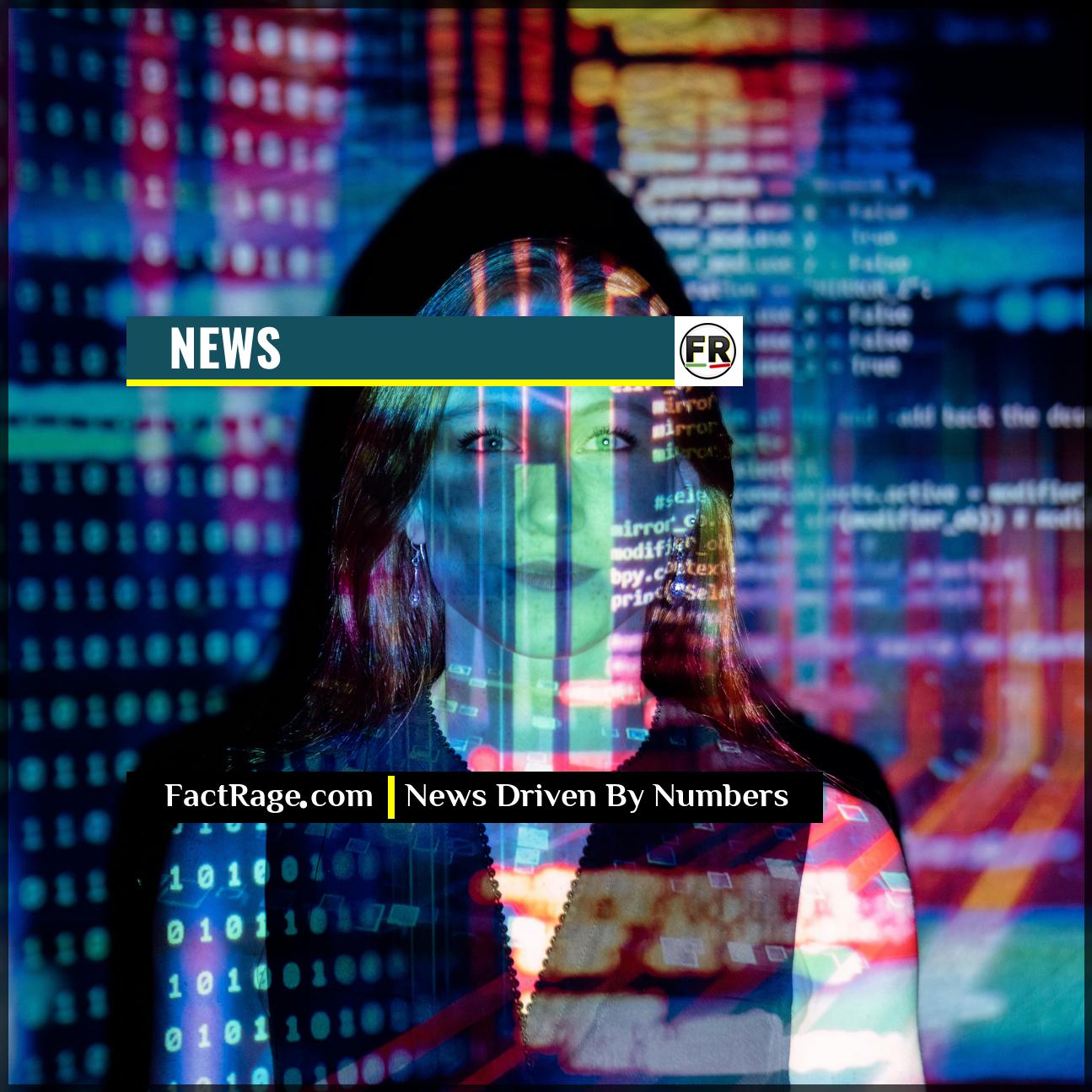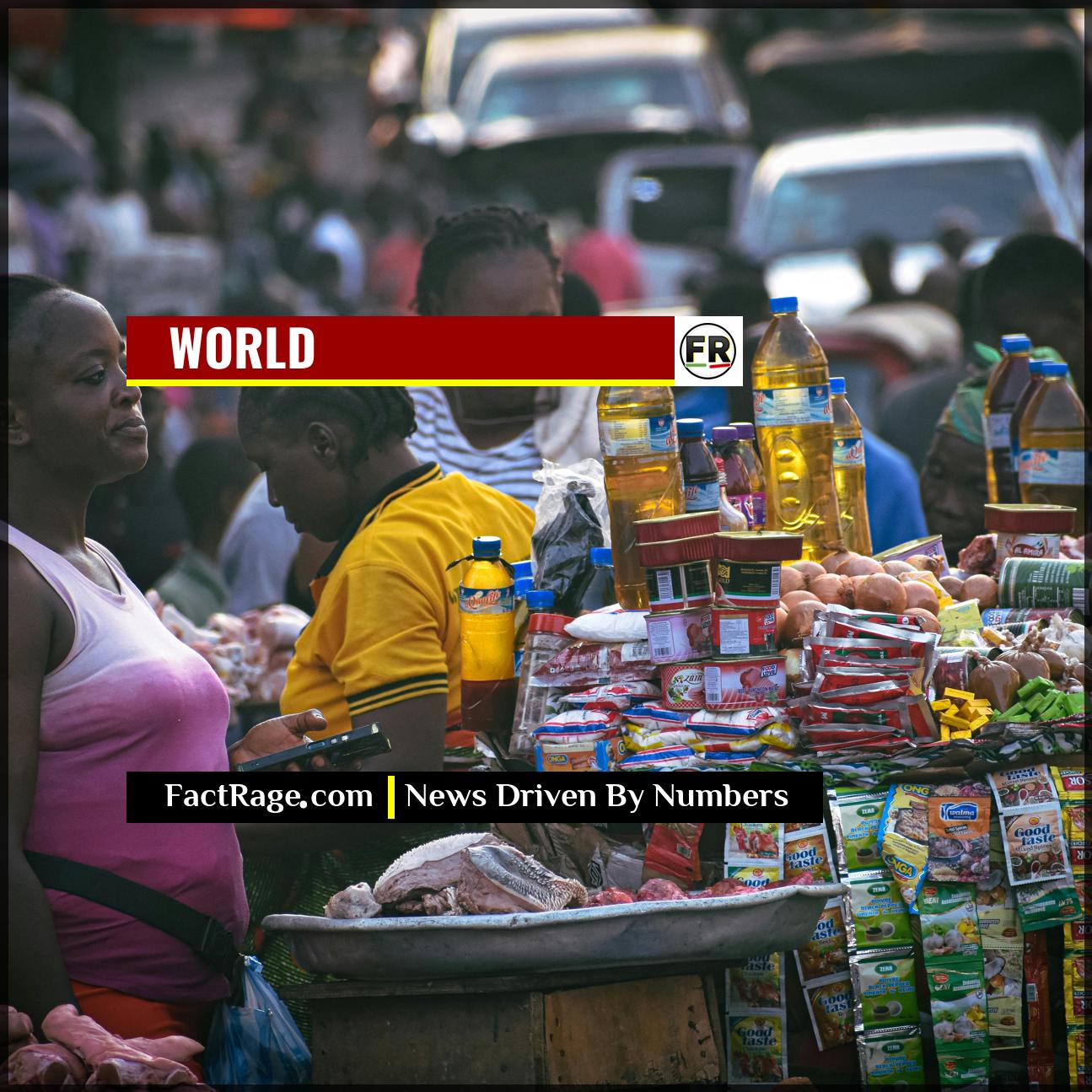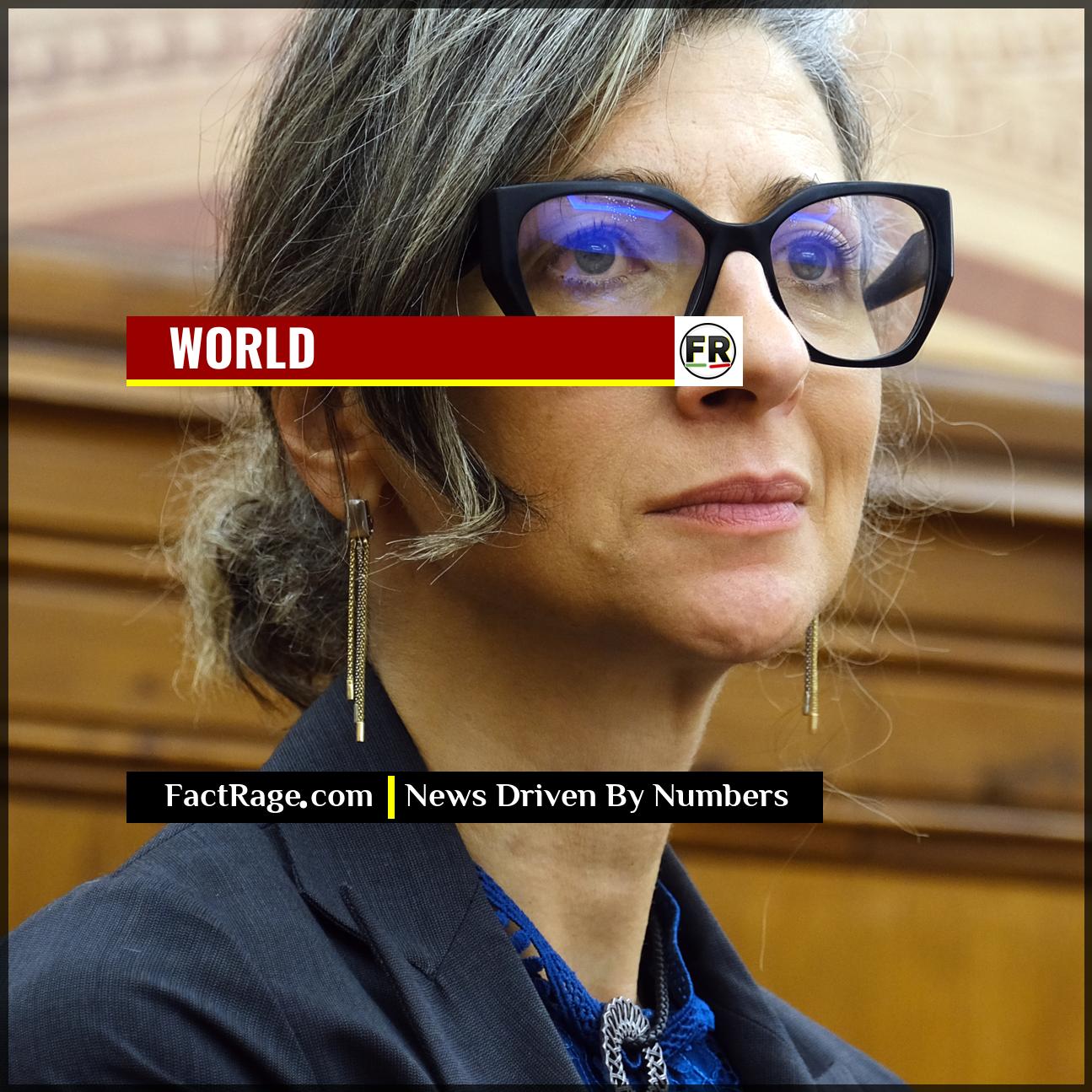BRASÍLIA, BRAZIL – A series of high-stakes legal proceedings against former President Jair Bolsonaro are poised to determine not only his personal fate but also the future trajectory of Brazil’s political landscape and its complex relationship with global economic partners.
- Legal Jeopardy – Former President Jair Bolsonaro faces multiple investigations, including charges of abusing presidential power and alleged involvement in the January 8, 2023, riots in the capital.
- Political Ineligibility – Brazil’s electoral court has already barred Bolsonaro from running for office until 2030 for undermining the 2022 election, a ruling that sets a significant precedent for the current trials.
- Economic Consequences – The political instability surrounding the trials coincides with ongoing trade negotiations and potential tariffs from key partners like the United States, linking Brazil’s domestic politics directly to its economic future.
The outcomes of these legal battles carry weight far beyond the courtroom, raising critical questions about the stability of South America’s largest democracy and its position on the world stage.
Beyond the Man, The Machinery of State is on Trial
![]() This isn’t just about one politician. The core of these trials examines the guardrails of Brazilian democracy. The questions being asked in court are fundamental: Can a sitting president use the state’s resources to undermine the very electoral system that brought them to power? The answers will have lasting policy implications for presidential conduct and institutional power in Brazil for decades.
This isn’t just about one politician. The core of these trials examines the guardrails of Brazilian democracy. The questions being asked in court are fundamental: Can a sitting president use the state’s resources to undermine the very electoral system that brought them to power? The answers will have lasting policy implications for presidential conduct and institutional power in Brazil for decades.
Read On…
This analysis will break down the specific legal charges, their potential impact on Brazil’s political factions, and the tangible economic consequences for one of the world’s largest economies.
What Exactly is Bolsonaro Being Investigated For?
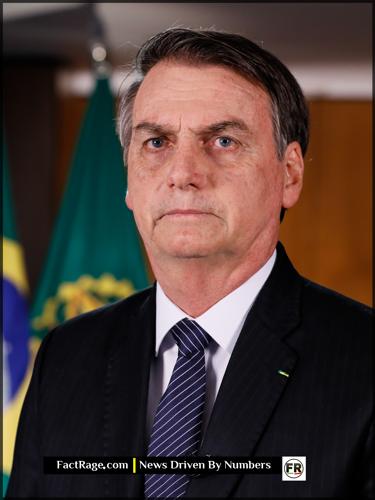
Deep Polarization
The trials highlight the stark political divide in Brazil between supporters of Bolsonaro and those of the current president, Luiz Inácio Lula da Silva.
Following his term as the 38th president of Brazil, Jair Bolsonaro is entangled in several legal challenges. A primary case, which has already resulted in a significant ruling, involves the abuse of presidential power. In June 2023, Brazil’s top electoral court (TSE) found him guilty of using government communication channels to spread baseless claims against the country’s electronic voting system during a meeting with foreign diplomats. This act was deemed a misuse of power to undermine the 2022 election, leading to the court rendering him ineligible to hold public office until 2030.
Further investigations are probing his potential role in instigating the January 8, 2023, riots, where his supporters stormed key government buildings in Brasília. The parallels to the January 6th events in the United States have drawn international attention, and the investigation seeks to determine if Bolsonaro’s rhetoric and actions directly contributed to the insurrection.
How Could a Verdict Fracture or Fortify His Movement?
Institutional Test
Legal experts view the proceedings as a critical test of the independence and strength of Brazil’s judiciary and democratic institutions following a turbulent political period.
The legal proceedings create a pivotal moment for Brazil’s conservative movement. A definitive conviction and potential further penalties could create a power vacuum, effectively ending Bolsonaro’s career as a political figurehead and forcing his allies to find a new leader. This could lead to infighting and a splintering of the right-wing coalition he built.
Conversely, many of his ardent supporters view the trials as a politically motivated “witch hunt” orchestrated by his opponents, including the current administration of President Luiz Inácio Lula da Silva. A conviction could galvanize this base, turning Bolsonaro into a political martyr and fueling a narrative of persecution that could energize the opposition. The central question is whether his movement can survive without him at the top of the ticket.
Why Are Global Trade Partners Watching So Closely?
Brazil’s internal politics do not exist in a vacuum. International investors and trade partners prioritize stability and the rule of law when making economic decisions. The ongoing political turmoil can be seen as a significant risk factor. The United States, for example, has recently debated and, in some cases, imposed tariffs on key Brazilian exports like steel.
A resolution to the trials that reinforces the strength and impartiality of Brazil’s democratic institutions could be seen as a stabilizing force, potentially leading to more favorable trade conditions. However, continued unrest or a political crisis sparked by the verdict could make foreign governments and companies hesitant. The outcome is a key indicator of Brazil’s political trajectory, directly influencing its reliability as a global economic partner.
A Test of Institutions
![]() The legal saga of Jair Bolsonaro serves as a crucial stress test for Brazil’s democratic institutions. The final verdicts will send a powerful message about accountability for political leaders, not just in Brazil but across the globe. Ultimately, the political equation for Brazil’s future involves balancing the power of popular movements against the resilience of the rule of law, a dynamic that will define its path long after the court has adjourned.
The legal saga of Jair Bolsonaro serves as a crucial stress test for Brazil’s democratic institutions. The final verdicts will send a powerful message about accountability for political leaders, not just in Brazil but across the globe. Ultimately, the political equation for Brazil’s future involves balancing the power of popular movements against the resilience of the rule of law, a dynamic that will define its path long after the court has adjourned.





